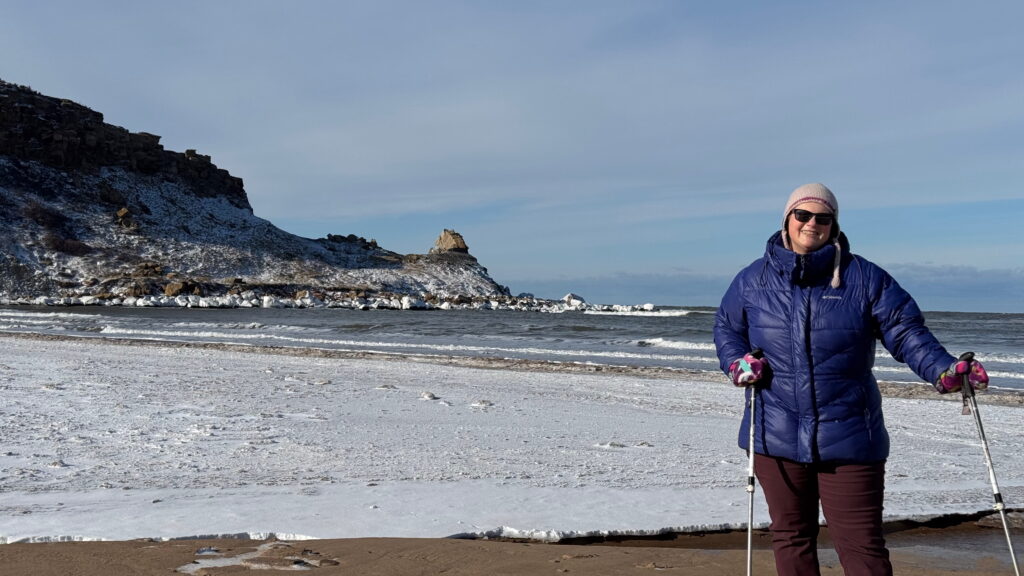One of the “themes” that has emerged in my dissertation study is that of “learning about the disease”. When I look at the types of information I shared on my blog between diagnosis (June 12) and active recovery (Feb 3) is that of learning about the disease. I’m looking at the different ways in which I found myself learning about, and sharing knowledge about breast cancer. There isn’t a simple path – first you learn from A, then B, then C – it is a whole lot more complicated than that.
I have commented several times that a friend very early on in the journey has recommended that I should “decide who I trust, and trust them”. I use that mantra quite regularly when I am second guessing what I think might be happening.
Add to it the complexity and lack of clarity – you see, cancer treatment, and more specifically breast cancer treatment, isn’t clear cut. Yes, there are certain protocols that are followed in certain circumstances, but there is a whole lot of complexity – and that complexity means that there is never one and only answer. As we like to say in the design world, there isn’t one ‘right’ solution, it is just that some solutions are better than others.
Now, if we look at all the different places I found information:
- My body
- Google (open searches)
- Doctors (primary care, radiologist, breast surgeon, oncologist, plastic surgeon … )
- Nurses of variety of sorts
- Test results (pathology, MRI, ultrasound, blood tests)
- Organizational websites (e.g. breastcancer.org)
- Blogs
- Face-to-face support groups
- Online support groups
- Friends
- Family
- …
The list goes on. In some cases these different information (and advice) sources overlap. In others they don’t. I had to learn how to discern not only where I could get information, but also what types of information I could get from where, and how reliable that information was. There were so many nuances to information that I didn’t always appreciate at the time, and some that I still don’t appreciate.
Three years later, although I have a much better sense of information and where to find certain types of information – I’m still finding the ground constantly changing. I think I know something, then something happens that causes me to question what I’m thinking. I doubt. I freak out. I go into high gear trying to get answers. I trust someone / something. I relax, but only until the next time it happens. I only hope that there will be longer gaps between issues.
I have those of my healthcare team that I trust. I also hear stories, horror stories, from others that have me questioning – not my care team directly, but some of the facilities around my care team. Can I trust that pathology report? Can I trust the radiologist? Hearing the experience of others sometimes makes it more difficult to trust. I hear how others put blind trust in the system, and that trust failed them. I find myself being thankful for not having been so blinding in my trust. But then I also find myself stressed over things that I should not be. I find myself questioning things I need not question. The danger of being a well informed patient in part comes when the doctors forget to tell you things assuming you already know. Or when you think you know things so you don’t ask. Or when you doubt what you are being told. Blind trust can be dangerous; however, intentional trust can be liberating…the goal is to distinguish between the two.

Leave a Reply